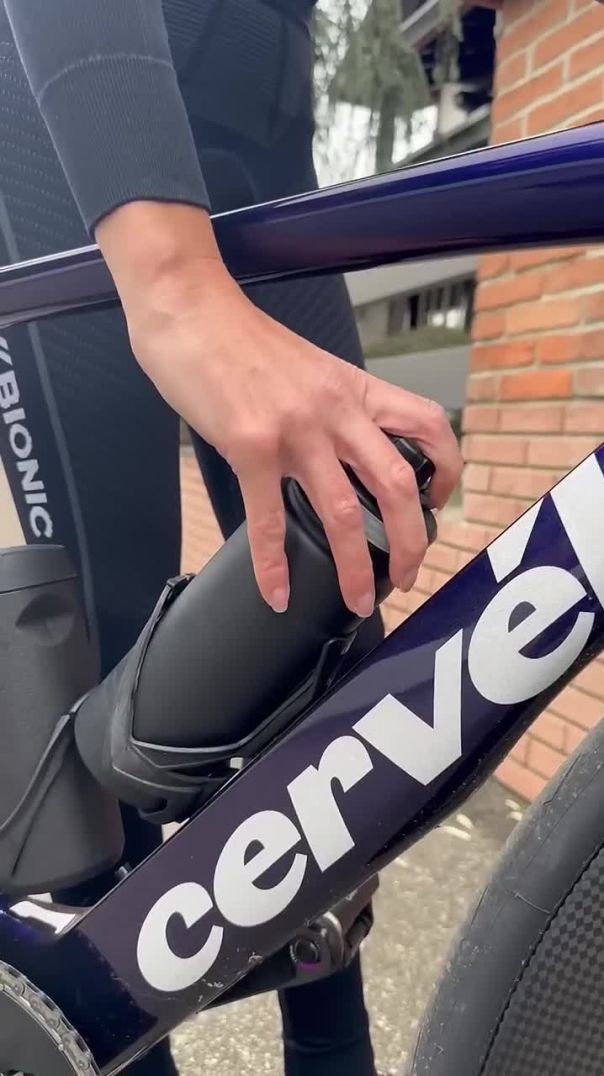2 Views· 12 November 2022
Writing Letters: formal & informal English
A letter to your friend and a cover letter for a job application are written very differently. Whether you work in business or are taking the general IELTS or CELPIP test, knowing the difference between informal and formal writing is a skill you should have. Watch this writing lesson, take our quiz, and check out our resource page to become a better writer.
- Use the resource: http://www.engvid.com/english-....resource/formal-info
- Take the quiz: http://www.engvid.com/writing-....letters-formal-infor
http://www.engvid.com/
TRANSCRIPT:
Hello, my name is Emma, and in today's lesson we are going to learn about writing. What kind of writing? Writing letters. Okay? So this is important for people who work in business. It's also important for people who like to write letters to their friends maybe or to their grandparents in English. Also, it is very... It is a very useful video for anyone who is taking the general IELTS test. So if you're taking not academic, but general, this is an important video. And also, if you plan to immigrate to Canada and you want to do the Canadian immigration test which is called: "the CELPIP", this video is also... It will also be useful and helpful to you. Okay?
So let's get started. What do I mean by "formal" and "informal"? "Informal" means something you would write to your friends, something you would write to your parents, - well, probably your parents unless you're afraid of your parents, then you might be more formal -, your classmates, your coworkers. Okay? So this is... It means it's not formal; it's for people you know well. On the other hand, "formal" English we use with strangers, we use with our boss, in the workplace, we use it in these different ways. So it's the English you really have to think about, whereas informal is kind of the relaxed English. So relaxed, serious. Okay?
So, sometimes you will have to write a letter formally, maybe to your boss or your company, other times maybe you're on holiday and you want to write a letter to your friend, you'll use informal English. So what is the difference? Let's see.
Informal English uses contractions. What are contractions? "Didn't", "wouldn't", "couldn't", "haven't", "hasn't". So if you see a verb with an apostrophe and then a "t", that is a contraction. Okay? It's very important to know this because in formal writing, you don't use contractions. "Didn't" would be: "Did not". I can write that for you. "Did not". Couldn't: could not, haven't: have not, can't: cannot. Okay? So that's one major difference.
Another major difference between formal and informal writing is the use of idioms; the use of certain expressions. If I'm writing to my friend, maybe I'll say: "Oh, you know, I've been very under the weather lately." Meaning: I've been very sick. If I'm writing to my boss, I won't use idioms. If I'm writing a formal letter, I will not use idioms. Those aren't good to use in formal writing.
Phrasal verbs, this is another thing we find in informal writing. What is a phrasal verb? It's a verb that has a preposition. Okay? So, for example: "find out", "find" is a verb, "out" is the preposition. "Go" is the verb, "up" is the preposition. So the... The preposition adds a different meaning to the verb. Phrasal verbs are very difficult to learn; we have so many of them in English. My students have told me phrasal verbs are one of the hardest parts of learning English, but it's possible, you can do it.






















![Horacio Pagani tells the genesis of the Huayra R Evo [English Subs]](https://i.ytimg.com/vi/2NqXLRp9xl0/maxresdefault.jpg)
![Horacio Pagani tells the genesis of the Utopia [English Subs]](https://i.ytimg.com/vi/AAJXFjoRCYE/maxresdefault.jpg)



0 Comments